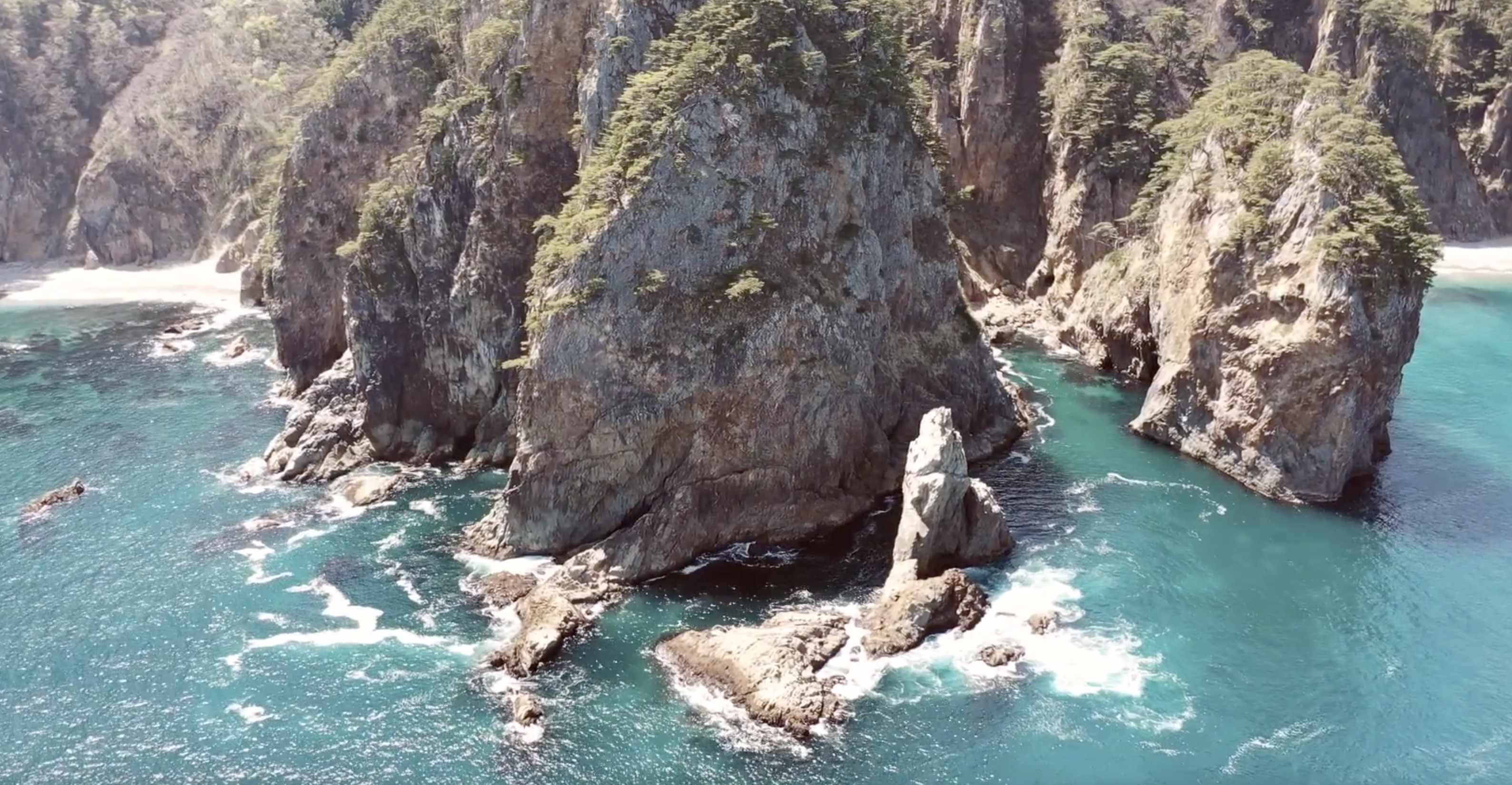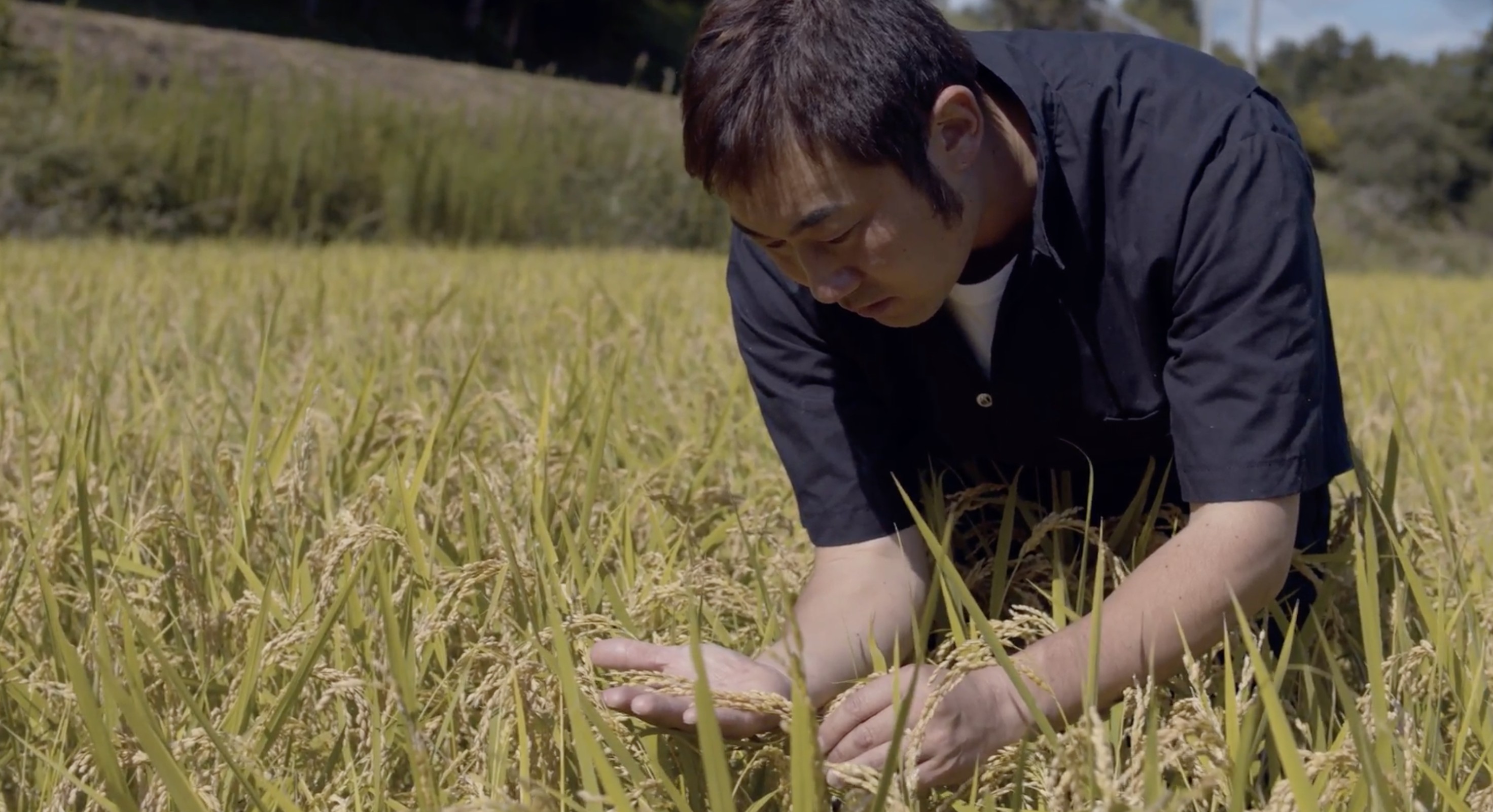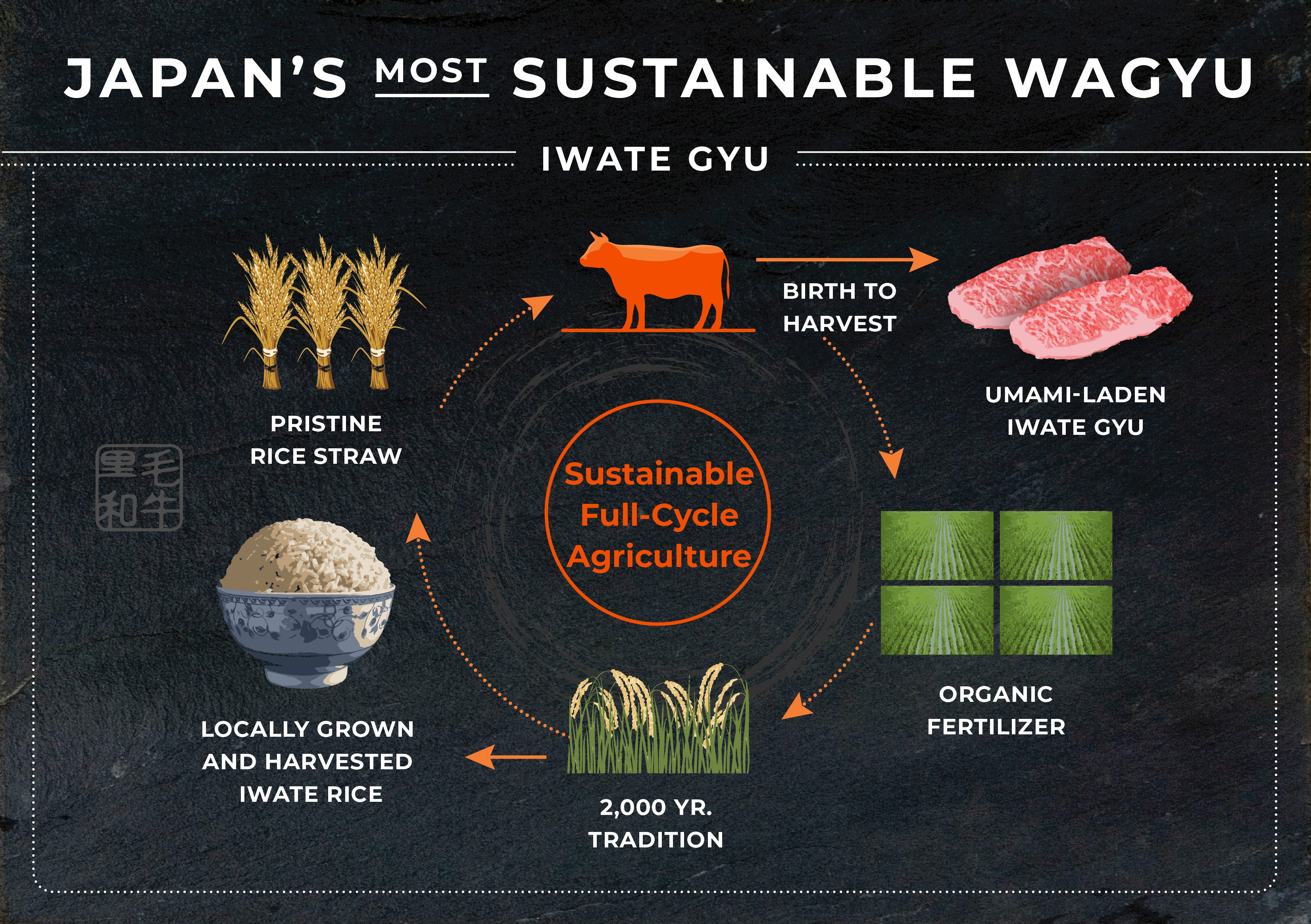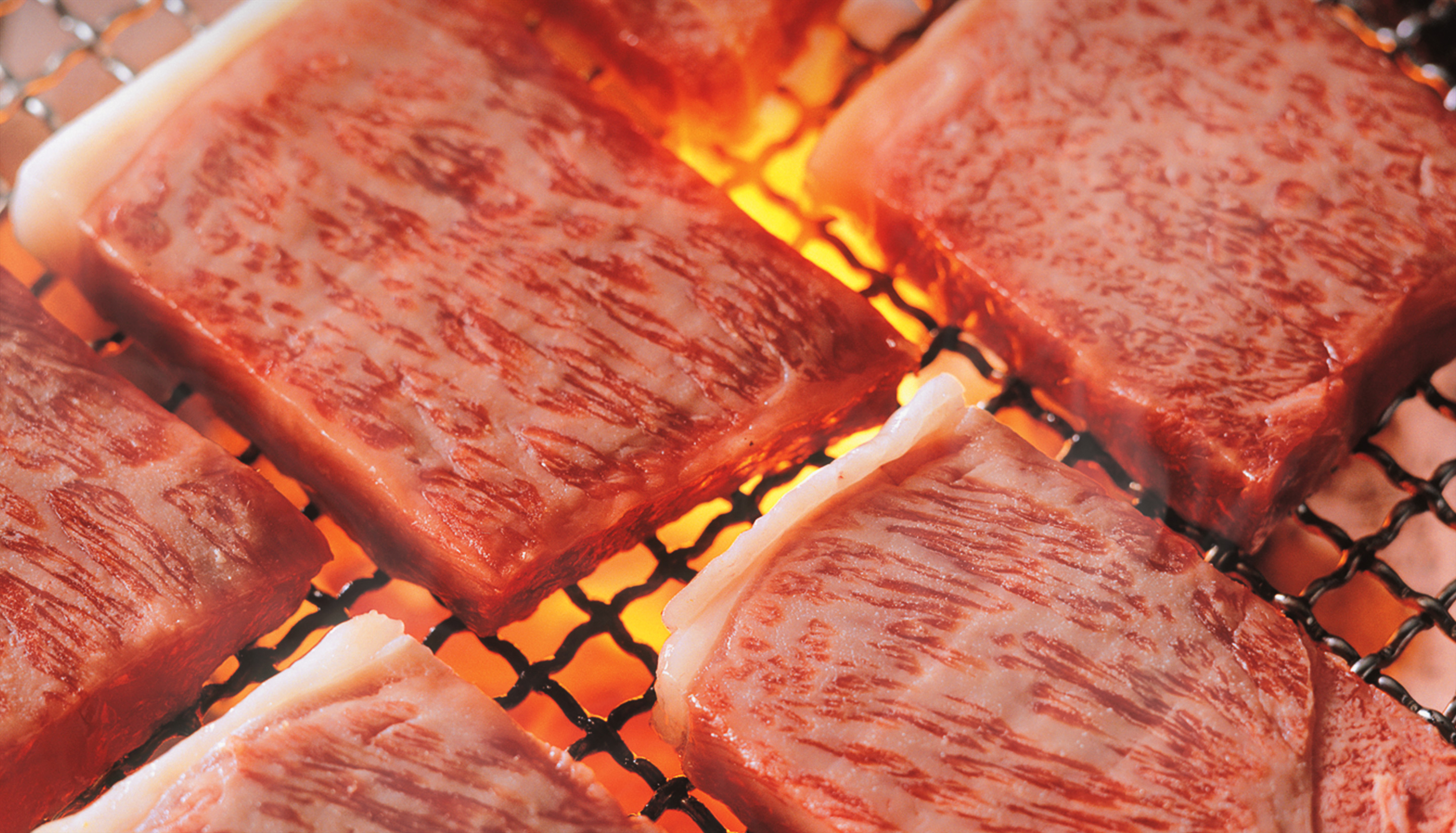
With one of the lowest population densities of any prefecture in Japan, Iwate is known for pristine wilderness, and rugged landscapes featuring majestic cliffs that jut up meters from the ocean shores. Its well-nurtured organic soils produce some of the country’s best rice, apples and of course Wagyu.
There are several notable aspects to Iwate’s unique approach to premium Wagyu which has helped it win the National Wagyu Championship 11 times:
BIRTH-TO-HARVEST
Iwate Wagyu cattle are bred and raised the entire lives on the same farm, and approach that is the result of a relentless obsession with breeding standards and animal welfare. Cattle that are not moved and which are nurtured produce better beef. It’s that simple.
FULL-CYCLE AGRICULTURE
Iwate is notable for its premium-grade rice, whose straw is a critical component of all Iwate Wagyu. The animals provide organic fertilizer for the rice paddies, contributing to a unique, full-cycle agricultural system that preserves the fertile soils, is less wasteful than commercially produced fertilizer. It’s a practice performed at much higher levels in Iwate than anywhere else in Japan, and continues a 2,000 year tradition.
PRISTINE CATTLE FEED
The feed produced for all Iwate cattle is managed by a cooperative, which strictly prohibits the use of any bone meal and is monitors all production for quality. The result is a nutritious diet consisting of locally-grown rice straws and other vegetable ingredients produced with quality and sustainability at the heart of the system.


